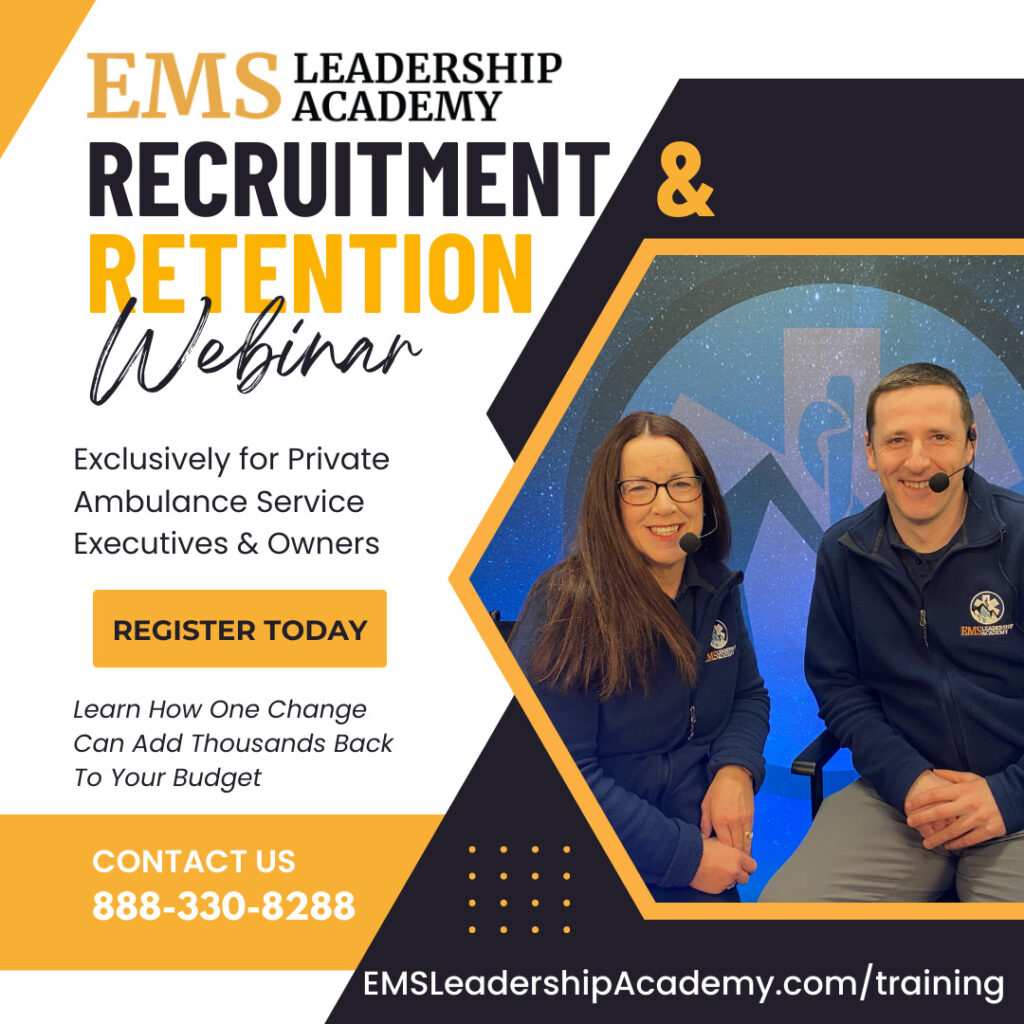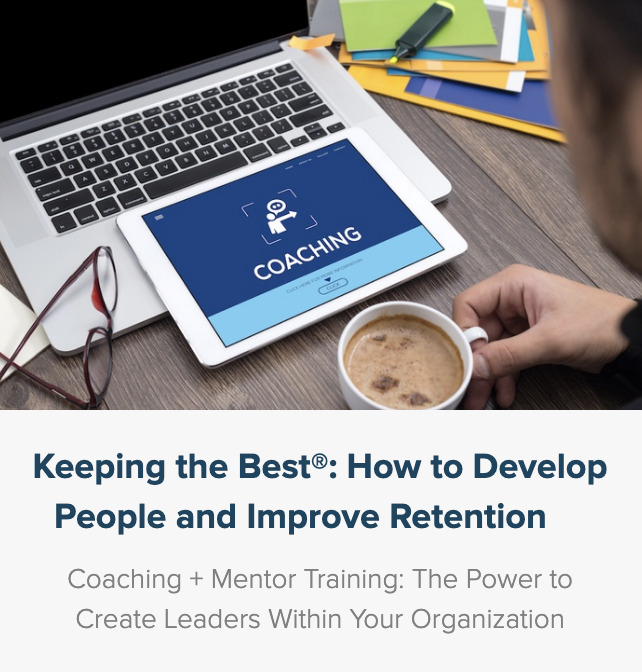- Increase pay equality. Low income wage earners usually correlates with poor health
- Ensure your healthcare providers have affordable access to health insurance.
- Find like minded people - you are the sum of the five people you surround yourself the most with.
- People who feel valued and cared for tend to take better care of themselves. Often eating poorly or indulging in other unhealthy activities is the result of how people feel about themselves or their situation.
- Mental/emotional/physical health plans
- Take time for self-care & reflection. "Without reflection, we go blindly on our way, creating more unintended consequences, and failing to achieve anything useful.” Margaret J. Wheatley
- Schedule time with a therapist or coach
What can you do?
- Advocate for pay equity.
- Article on Self Care: www.emsleadershipacademy.com/selfcare
- EMS1 Article: EMS self-care for supervisors: Manage stress and avoid burnout. Who's looking out for the supervisor?
- Visit our annual free EMS Leadership Summit, at www.EMSLeadershipSummit.com
Welcome to today's EMS leadership, Q & A I'm Lisa Giruzzi. And I'm here with Robbie MacCue. We are the co-founders of EMS leadership Academy. And for those of you that don't know, we help EMS leaders bring out the best in themselves and bring out the best in others. Today's question is how can we get healthcare providers to take care of their own health?
This is a really interesting question, Lisa, and I think it, there, it can be very nuanced here. If we look at some of the bodies of research out there, there is a big debate about pay equity and what is pay equity? Does it cause does low wage earners usually correlate to poor health? So I think there's an entire conversation out there.
I'll just share my screen briefly related to some of the, the literature out there around the correlation between wage low wage earners and poor health. And I think some of the evidence is certainly showing there is a link between higher rates of heart disease, stroke, other chronic conditions that's just compounded with low wage earners. And when we look at the broad spectrum of public safety,
I think we all know there's a huge gap with between fire police and EMS often seen as the three parts of public safety systems. And unfortunately what we've seen in New York city, the pay inequities in New York, it becomes very apparent that certainly healthcare providers should not be operating without decent wage wages. And I'd say also thinking about, are your healthcare providers also having access to affordable health insurance for years?
I think healthcare providers are working with either very expensive health insurance or without any health insurance at all. Absolutely. And I think the other aspect here is that it sort of goes hand in hand with, you know, people who feel valued, who feel cared for, tend to take better care of themselves. I mean, just look at your own life,
you know, for those of us watching or participating in this conversation is the times you took better care of yourself, you likely were in a different, you know, or, or better state of mind. They kind of go hand in hand and it's one of those which came first. Am I feeling better because I'm taking care of myself or did I need to feel better in order to take care of myself,
but for sure they go hand in hand. And when we're talking about health, we're talking about both physical and mental health, right? Because both of those, you know, again, they can't be separated. So I think that everyone needs to take time for self care, you know, to be reflective. There's a great quote that I'm going to read here by Margaret Wheatley.
Who's written a number of books on ref without reflection. We go blindly on our way, creating more unintended consequences and failing to achieve anything useful. And I think it's just so important to, to recognize that that self-reflection is an important part of both mental and physical health. Yeah. At least. And also a Wendy lawn recently said in one of her articles,
I think when we hear about self-care, we often think of, Oh, we're just gonna take a bubble bath or we're going to like really just take time to do nothing. And I think Wendy really poses an interesting pushback and says self care can be seen as actually doing the work, doing the work of self-reflection thinking about those moments that you had and how you reacted to them,
or what are you doing for your own self care? That's not just pure relaxation. Yeah. Because again, self care could be, you know, making sure you're eating healthy, making sure you're thinking ahead about your, you know, nutritional intake and when you're going to exercise versus, you know, just saying, Oh, I don't have time. Which of course,
you know, many people that's a valid issue, but again, when you take time to plan and reflect those kinds of things can get solved. I mean, people are really smart. And when we take a few minutes to, to allow ourselves to be creative about what would take care of us, you know, and then we are able to solve lots and lots of these things that look like conundrums are,
you know, unsolvable, but when we take the time, we really can solve them. So I think it's important to, to find other people who feel like you do, who want to be healthier, who want to, you know, think about this differently. And then when you're surrounding yourself with people who are in a similar mindset, you can learn from each other and you can get creative together.
It also reminds me of the quote that farmers don't grow crops. They create an environment in which crops can grow. So how are we as leaders creating an environment where our providers are taking care of themselves and they're healthy, they're not working 60 to 80 hours in a week. I mean, the situation that they're facing, then can we take some responsibility to how are we going to solve that for them and not just expect them to,
again, in order to make up these wage gaps or this pay and equity for them to be working an extra 20 hours of overtime in a week. So it's a really important point. So I'd say in closing here, just a call to action is being an advocate for pay equity and benefits. And as Lisa said, make sure people feel appreciated and taken care of.
That's so critical in any organization. And there's an article we put together as well on self care@emsleadershipacademy.com forward slash and self-care. So in closing, thank you everyone for joining us in this session of our weekly Q and a. If you have a question to submit, you can send us an email here@supportatemsleadershipacademy.com or you can leave us a voicemail (888) 330-8288. Thanks for joining us.



